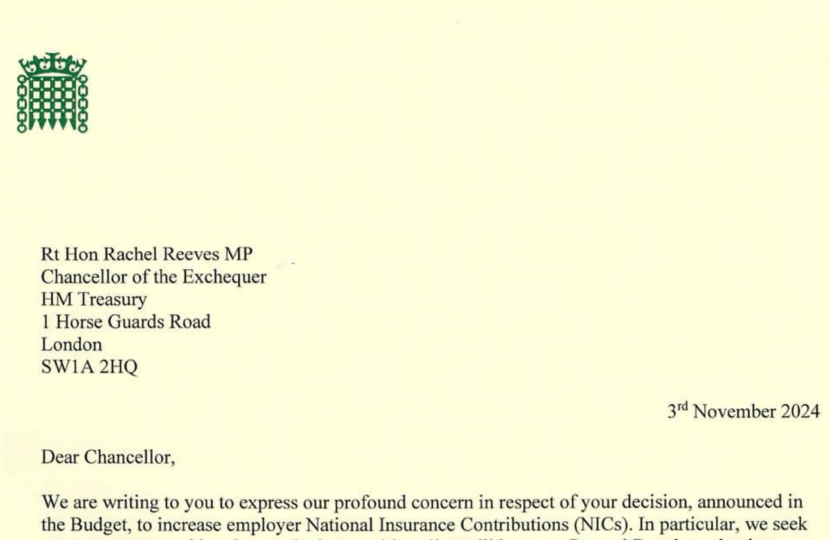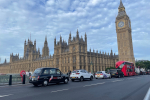
South West Devon MP Rebecca Smith has voiced serious concerns over the Labour Government’s budget decision to raise employer National Insurance (NI) contributions, warning that the unexpected rise will heavily impact key services. The tax increase, set to take effect next April, will require employers to contribute an additional 15% in NI in all salaries exceeding £5,000. This change will impact financially vulnerable services not limited to GP surgeries, dentists, community pharmacies, children’s nurseries, care homes, charities and hospices.
Rebecca has received complaints and has met with representatives from multiple sectors across South West Devon, including healthcare, social care and housing associations. The consensus is that businesses share significant concerns, particularly about new financial pressures, given that they are already operating under tight budgets. For GP practices, this policy shift alone could result in an additional £20,000 in taxes per practice annually, according to estimates from the Institute of General Practice Management.
Rebecca said:
Public service providers who operate as small businesses are staring down the barrel of an even heavier tax burden, which could ultimately lead to job losses or reduced services in an already stretched primary care system, at a time of year – winter – when services need to be working at their best.
Rebecca, joined by over 40 other MP’s, has written to the Chancellor urging the government to reconsider this decision and ask that key services are exempt from this hike. When given the opportunity to talk about impact of these new policies on local services during Prime Minister’s Questions (where MP’s can ask questions to the Prime Minister directly), Kier Starmer refused to acknowledge the impact, with the threshold remaining the same. This response leaves local businesses without assurance of any relief from the increased tax burden.
Rebecca added:
It’s disappointing to hear the Prime Minister dismiss the potential consequences of the NI hike, despite the outpour of concern from local service providers. While Labour may have developed a budget plan to win voters, they’ve seemingly overlooked the real-world impact on essential community practices.
The Chancellor’s announcement of a £22bn cash boost for the NHS sounded promising, but in the cold light of day, fails to account for the damaging impact that an unbudgeted employer National Insurance hike will impose on essential service providers.
I urge the government to rethink this decision or find the funding to offset the additional taxation so that key services can continue uninterrupted.






